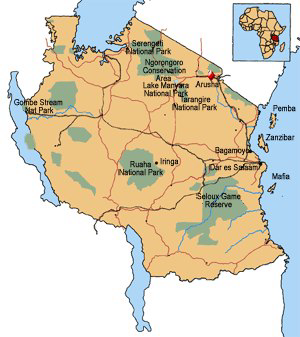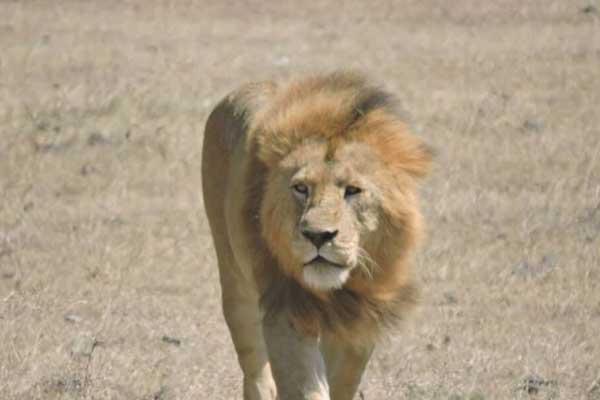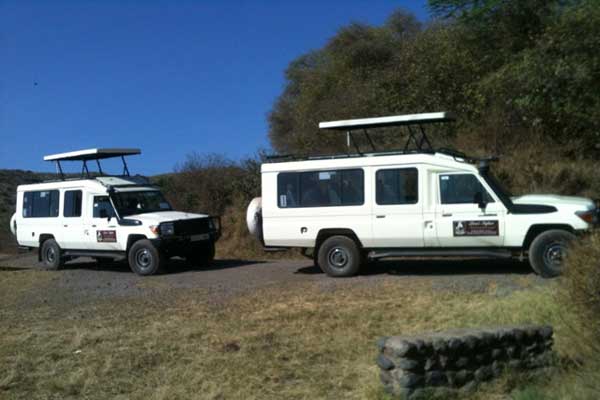 Tanzania’s Jewels
Tanzania’s Jewels
Wildlife
Space is overly abundant and adventure is waiting to be discovered across 95,000 square miles of wildlife reserves. As one of the premier big game viewing venues in the world, Tanzania's national park, the Serengeti, is the stage for the annual wildebeest migration phenomenon across the plains to return to the Masai Mara. Lionesses stalking their prey in the grassy plains of the Selous Game Reserve give the impression that you are part of the documentary film. And exquisite bird watching opportunities of Lake Manyara leave you with an unsurpassed view of nature in its truest and rarest form.
Tanzania
Tanzania is home to extraordinary terrain diversity. Mt. Kilimanjaro (19,340 ft high), the highest peak on the continent, ironically shadows the Ngorongoro Crater (over 2,000 ft deep), the unique, biodiverse amphitheatre. Lake Victoria, the largest lake in Africa, is positioned just to the northwest. Completing the diversity are the "Spice Islands" off Tanzania's coast, collectively known as Zanzibar.
Tanzania has also been called the cradle of mankind. Early hominid footprints, an estimated 3.5 million years old, were discovered at Laetoli. Olduvai Gorge is home to a 1.7 million year old Zinjanthropus Boisei skull, found by archeologists.
The complete African safari experience is truly captured in game reserves and national parks such as the Serengeti, the annual setting of the wondrous wildebeest migration, the Selous Game Reserve, the vast and least well known park, and the amazing array of birdlife at Lake Manyara.
Culture & People
Over 100 different tribal groups inhabit the lands of Tanzania. Most of the peoples are of Bantu origin. The major non-Bantu people on the mainland are the Maasai (Nilotic speakers) who inhabit the north-eastern section of the country.
The Arabian influence on Zanzibar and Pemba, is evident in the inhabitants, who are a mix of Shirazia (from Persia), Arabs, Comorians (from the Comoros Islands) and Bantu (African mainland). Asians constitute a minority
Swahili and English are the official Languages of Tanzania. Commerce principally uses the English language. There are also many local African tongues, further emphasizing the tribal diversity of the country. Outside the cities and towns, far fewer local people speak English. The Swahili language is spoken on Zanzibar and represents a much purer form than spoken in other parts of the country.
Few places that I know have the same impact; for me, this area within its vastness represents the most special destination. I reach for words: spectacular, thrilling, awesome, beautiful, extraordinary." ~ Richard Leakey, son of pioneering anthropologists Louis and Mary Leakey of the Serengeti
Offices
PO Box 999, Sakina Road, Arusha, Tanzania
New York, NY
Email Us
Both Tanzania and US Offices:
info@lions-safari-intl.com
Call Us
Tanzania Office:
255-684-488-424
USA: 800-679-2324






